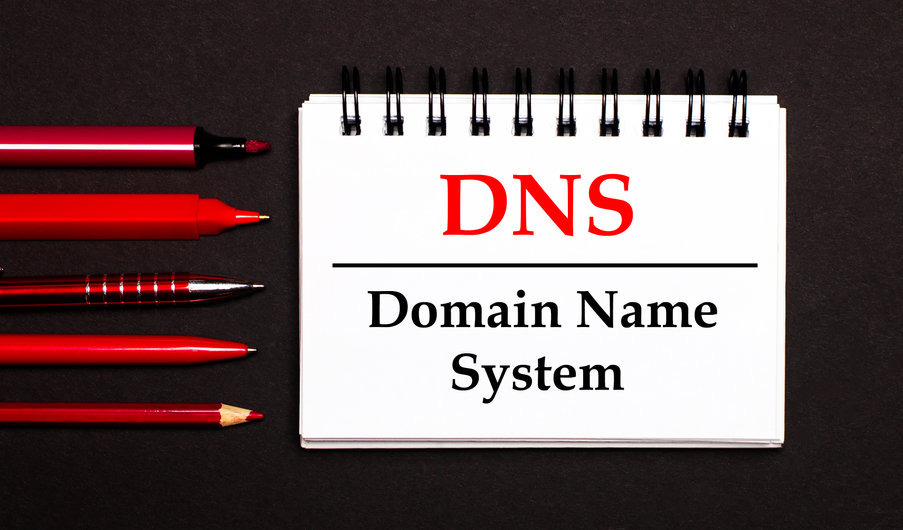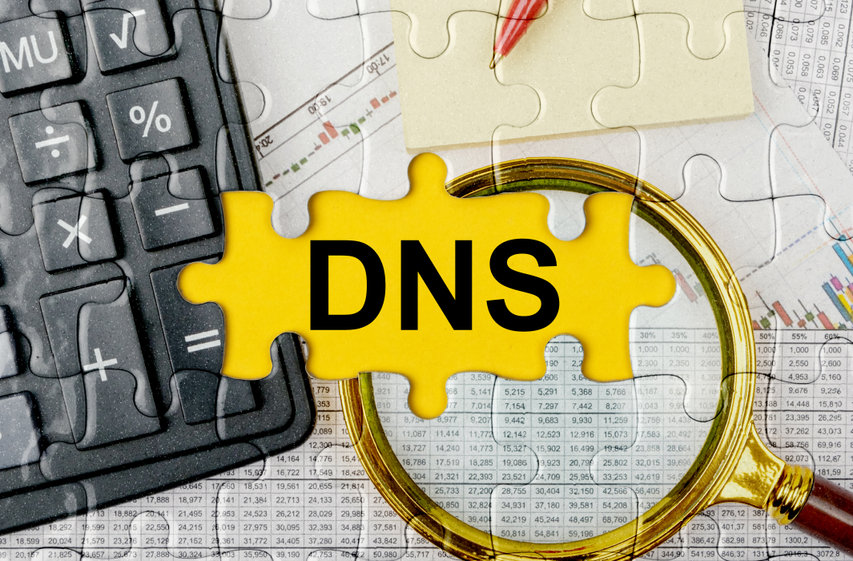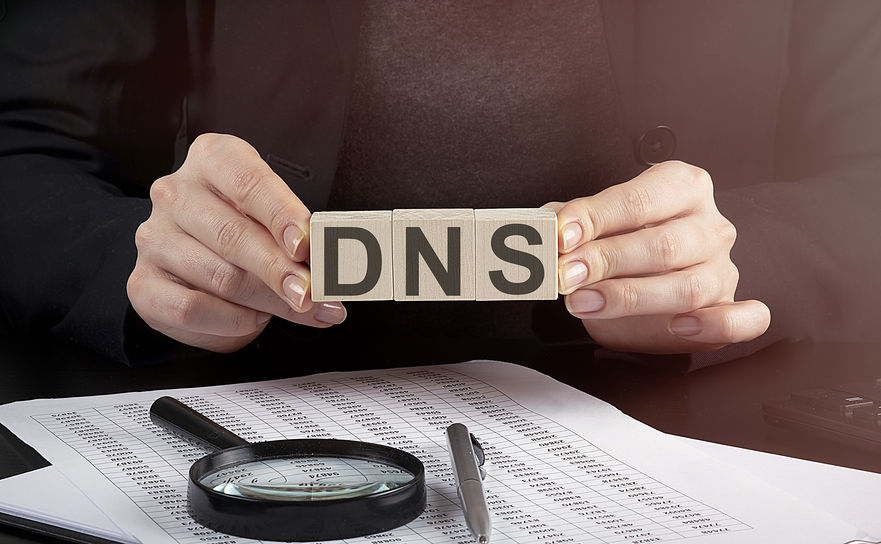Better, faster, stronger. We all want to improve the performance of our websites. To make them stand out from the crowd of millions of sites and prove a better service for our users. One useful tool in this race is Anycast DNS that will shorten the time for domain resolution and thereby lower the latency for the clients who want to use our sites.
Let’s explain Anycast DNS!
What is Anycast DNS?
Anycast DNS is one of the DNS routing methods where you have one IP address and multiple name servers which provide this IP address. The purpose of Anycast DNS is to spread nameservers in different locations around the world and provide servers that are closer to the users. When a user requests a domain, they will get an answer to their DNS query from the closest of these nameservers that have the same IP address. The shorter route of the query reduces the latency and increases the speed of the domain resolution.
What are the benefits of using Anycast DNS?
- Fast response to DNS queries. There are far more DNS nameservers, well-distributed to important locations. That way, no matter where the request comes, it will be responded faster. The more is better.
- Scalability. If you are using a cloud-based DNS provider, you can increase or decrease the number of Anycast DNS servers very easily. Just change from one plan to another. You can have a very robust network of servers with little investment and a monthly subscription.
- Load balancing. The traffic gets a response from the closest Anycast DNS server. There are many servers that answer the queries to the clients that are nearby. That way, not all traffic needs to go through the same nameservers, and the network does not get a weak spot. The load balancing capability of an Anycast DNS network helps it withstand even DDoS attacks because the attacks get distributed on the network.
- Redundancy. You have a network of nameservers, not a single nameserver, They all lead to the same IP address, so if one is down, the recursive DNS server will simply continue to search for the DNS data until it finds another Anycast DNS server that can respond. The client won’t even notice the delay, and when the server gets up again, it can continue to work normally.
- Easy configuration. On most of the managed DNS providers, setting up an Anycast DNS is not a hard task.
Is Anycast DNS suitable for CDN (Content Delivery Network)?
Yes, Anycast DNS is excellent for CDN because it responds to queries faster and can route the traffic to a local webserver.
Imagine a network like this – you have visitors from 3 continents: North America, Asia, and Europe. You have set 3 copies of your site (3 web servers with 3 different IP addresses). On each continent, you have set up Anycast DNS servers, so all the traffic in North America goes to the webserver there, those in Asia go to the Asian server, and the same goes for Europe.
The CDN will shorten the latency greatly because of two reasons. First, there will be Anycast DNS servers closer to the clients. They will be located on their continent and most probably in the same country. The domain will be resolved fast.
The second part of the CDN is the multiple copies of the site. You not only answer the domain name query faster, but you can direct the traffic to a closer web hosting too.
The combination of the two creates a great experience for your users. They will experience far less latency than a case where the nameservers and web servers are on another continent.
Conclusion
The Anycast DNS is a one IP address on many servers. It speeds up the DNS resolution, and it is easy to use.










